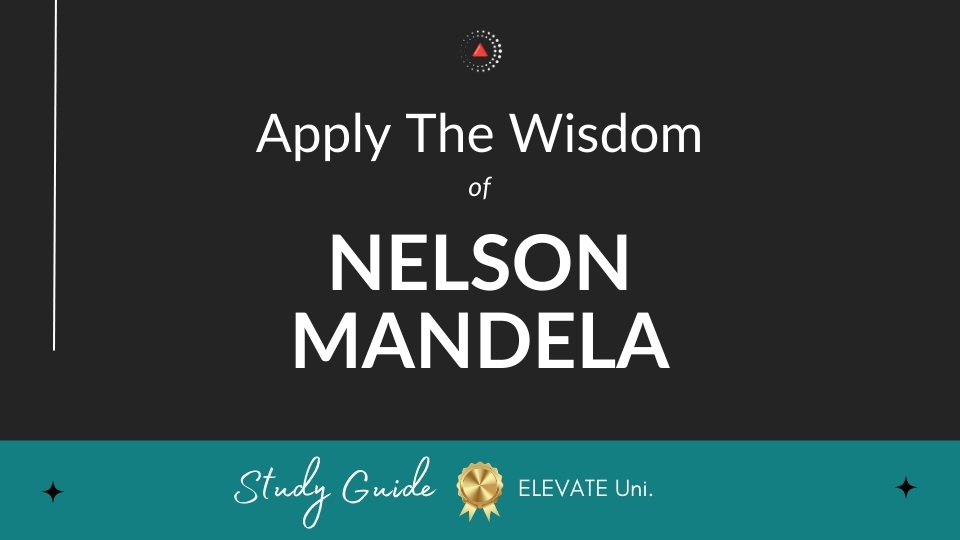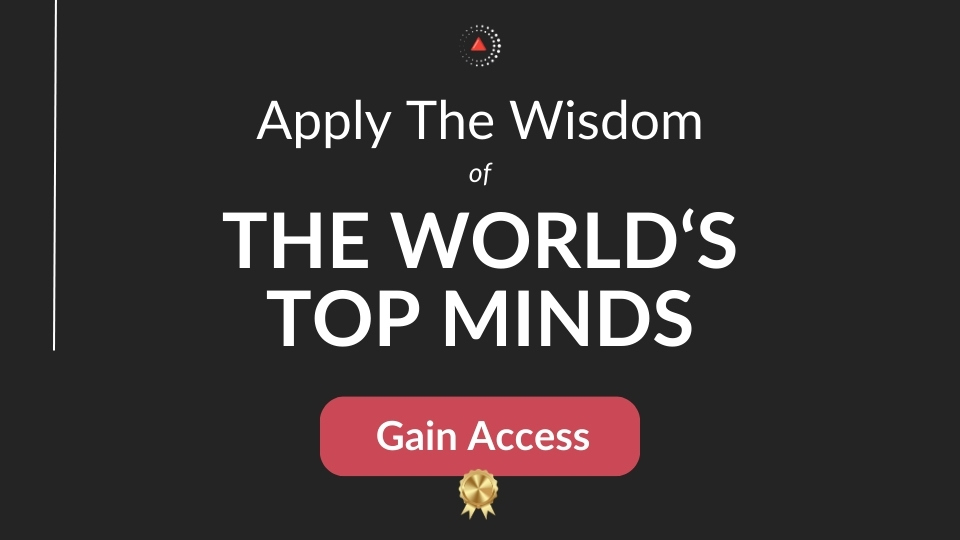Only free men can negotiate. A prisoner cannot enter into contracts.
What's the meaning of this quote?
Quote Meaning: This quote, attributed to Nelson Mandela, encapsulates the fundamental principle that negotiation and contractual agreements require freedom and autonomy. In its essence, it emphasizes the importance of liberty and personal agency in the process of negotiation. By highlighting the contrast between a free individual and a prisoner, Mandela highlights the notion that true negotiation can only take place when all parties involved possess the freedom to make choices and exercise their will.
A prisoner, bound by physical constraints and limited autonomy, lacks the necessary freedom to engage in fair and voluntary negotiation. Their ability to make decisions and reach agreements is hindered by their captivity, as they are subject to external control and unable to exercise their free will. Therefore, any negotiations or contracts they might enter into would be inherently imbalanced and lacking in genuine consent.
Beyond its literal interpretation, this quote carries a broader metaphorical significance. It serves as a reminder that negotiation, whether in the context of personal relationships, business deals, or even societal matters, requires individuals to possess the freedom to express their interests, opinions, and needs. Without freedom, negotiations become coercive or one-sided, undermining the principles of fairness and justice.
Ultimately, Mandela's quote emphasizes the critical role of freedom in negotiation and highlights the importance of preserving and protecting individual liberty as a prerequisite for equitable and meaningful agreements.
Who said the quote?
The quote "Only free men can negotiate. A prisoner cannot enter into contracts." was said by Nelson Mandela (Bio / Quotes). Nelson Mandela was a revolutionary and iconic figure who dedicated his life to the fight against apartheid in South Africa.
Applying the quote to your life
Unlock Mandela's wisdom and apply it to your life by getting the in-depth Nelson Mandela Workbook & Study Guide, complete with Mandela's top quotes, insightful commentary, reflective questions, and practical uses for everyday life. 👇
Is there a historical example that illustrates the message of the quote?
In 1980, during the Cold War era, the Helsinki Accords presented a significant example of this quote in action. The Helsinki Accords were a series of agreements reached during the Conference on Security and Cooperation in Europe (CSCE), aimed at improving relations between the Western and Eastern blocs. One of the key provisions of the accords was the recognition of human rights and fundamental freedoms, including the right to freedom of thought, conscience, religion, and movement.
One of the most impactful aspects of the Helsinki Accords was the establishment of the principle of "humanitarian intervention," which allowed citizens of the Soviet Union and other Eastern European countries to emigrate if they wished to do so. This provision essentially enabled individuals to negotiate their freedom directly with their respective governments.
One notable case that exemplifies this quote is that of Soviet dissident Natan Sharansky. Sharansky was a vocal advocate for human rights and Jewish emigration from the Soviet Union. Despite facing persecution and imprisonment by the Soviet authorities for his activism, Sharansky continued to negotiate for his freedom and the rights of others.
Sharansky's case gained international attention, and his cause was championed by various Western governments and human rights organizations. Through sustained pressure and diplomatic negotiations, Sharansky was eventually released from prison in 1986 as part of a larger exchange of prisoners between the United States and the Soviet Union.
This historical example illustrates the quote's message that only individuals who possess freedom can engage in meaningful negotiations. Sharansky, despite being imprisoned, actively negotiated for his rights and the rights of others, ultimately leading to his release and contributing to broader discussions on human rights and diplomatic relations between the East and West.
How can the quote be applied in a real-life scenario?
In everyday life, the essence of this quote holds true in various contexts, particularly in interpersonal relationships and professional environments.
Consider a workplace scenario where an employee feels constrained by oppressive working conditions or unfair treatment by their employer. In such a situation, the employee, akin to a prisoner, may find themselves unable to negotiate effectively for better terms or improved working conditions. Their lack of freedom, whether it be due to fear of retaliation, contractual obligations, or other constraints, hinders their ability to engage in meaningful negotiations.
However, once the employee gains a degree of freedom, perhaps by finding alternative job opportunities or receiving support from labor unions or advocacy groups, they can then enter into negotiations from a position of greater autonomy and leverage. This newfound freedom empowers them to assert their rights, voice their grievances, and seek fair treatment from their employer.
Similarly, in personal relationships, individuals may find themselves in situations where they feel trapped or unable to assert their needs and desires due to emotional, psychological, or social constraints. Only when they break free from these constraints, whether through self-empowerment, therapy, or external support networks, can they engage in constructive negotiations with their partners or family members to establish healthier dynamics and boundaries.
In essence, the quote emphasizes the fundamental importance of freedom and autonomy in the negotiation process. Without freedom, individuals are akin to prisoners, unable to exercise agency or advocate for their interests effectively. Thus, fostering environments that promote freedom and autonomy is essential for facilitating meaningful negotiations and resolving conflicts in both personal and professional settings.
Chief Editor
 Tal Gur is an author, founder, and impact-driven entrepreneur at heart. After trading his daily grind for a life of his own daring design, he spent a decade pursuing 100 major life goals around the globe. His journey and most recent book, The Art of Fully Living, has led him to found Elevate Society.
Tal Gur is an author, founder, and impact-driven entrepreneur at heart. After trading his daily grind for a life of his own daring design, he spent a decade pursuing 100 major life goals around the globe. His journey and most recent book, The Art of Fully Living, has led him to found Elevate Society.



























